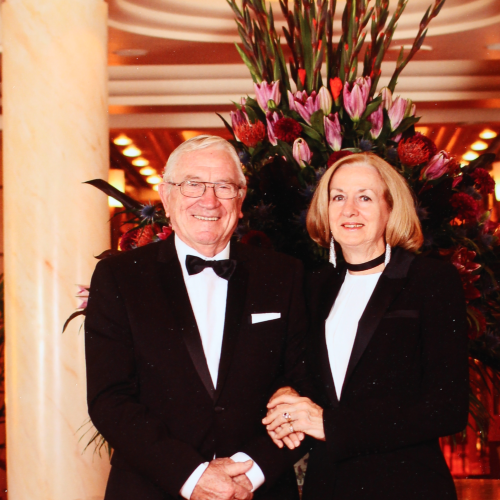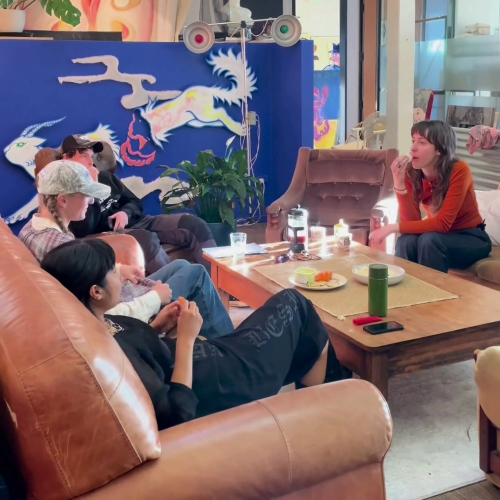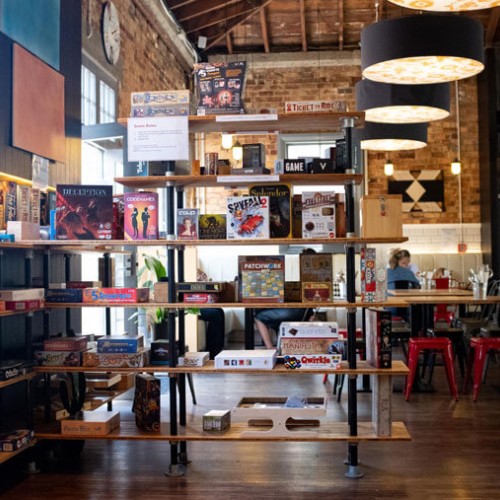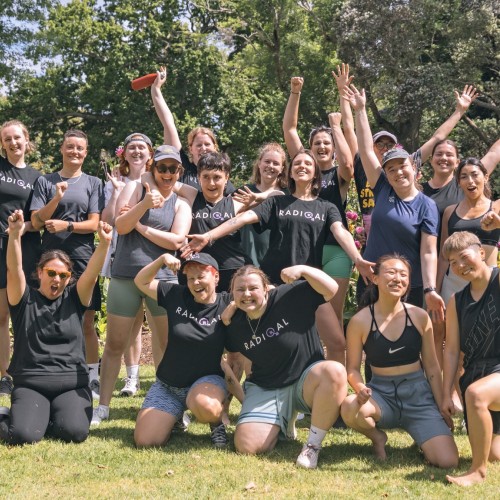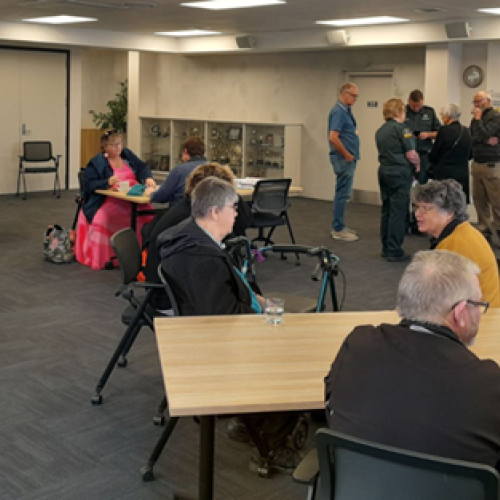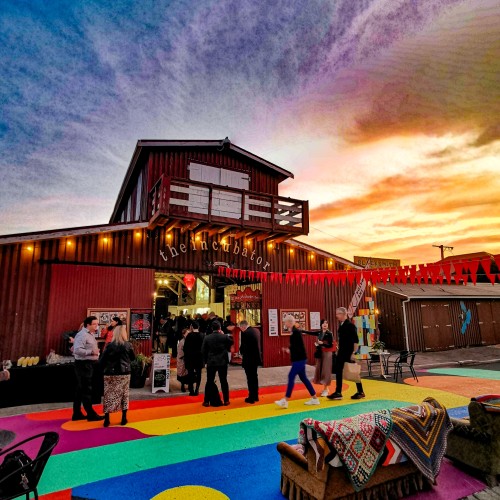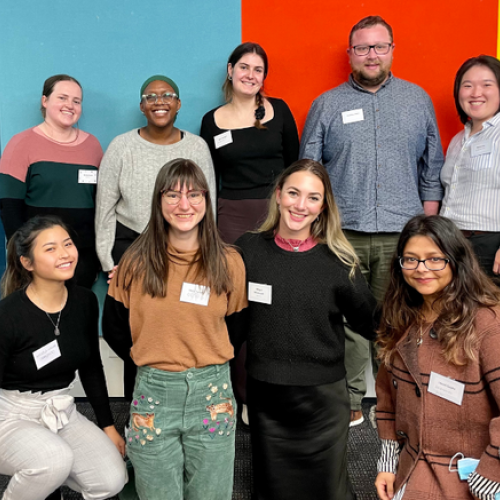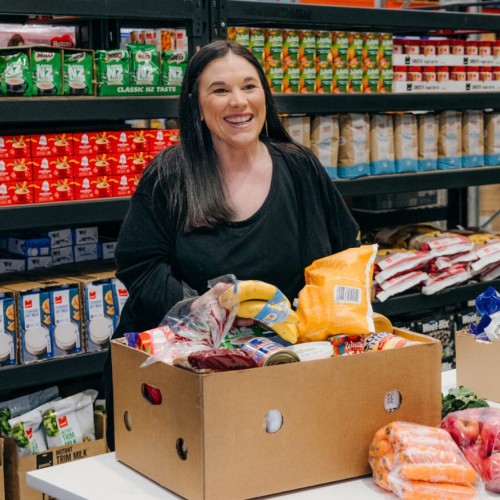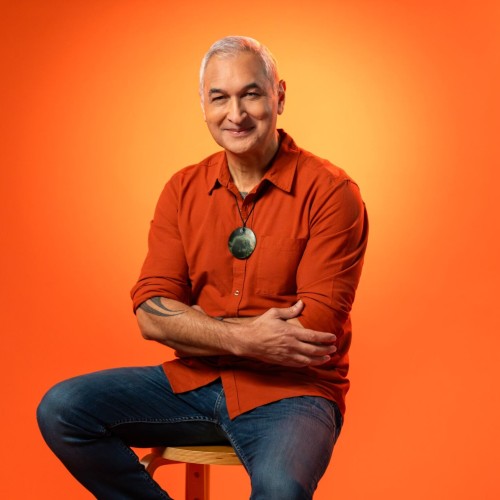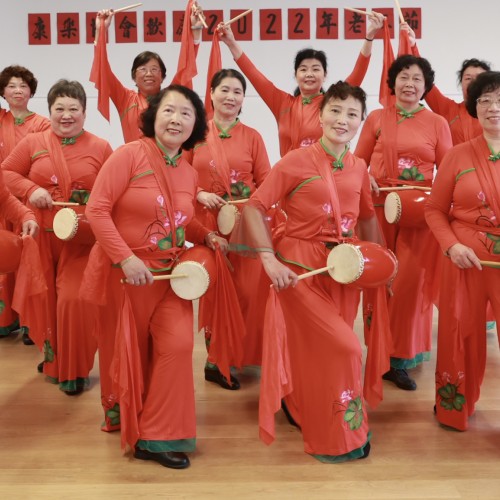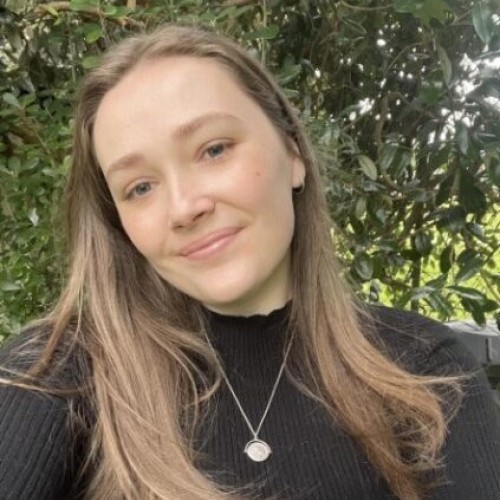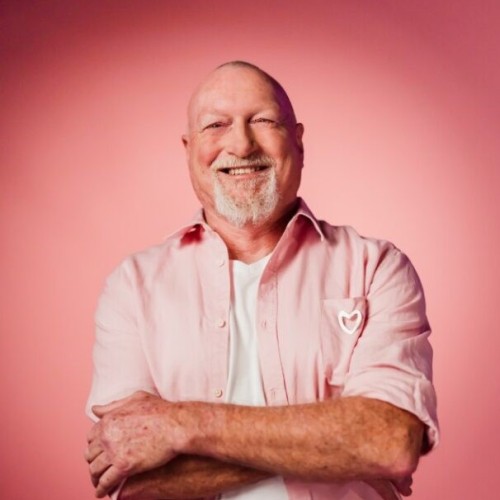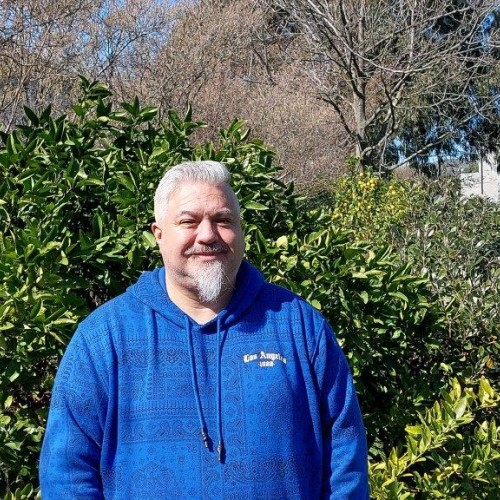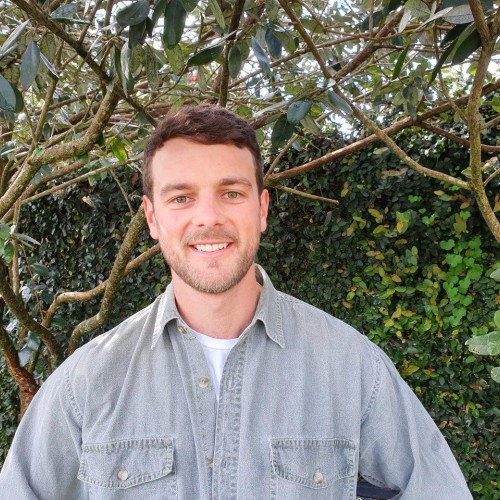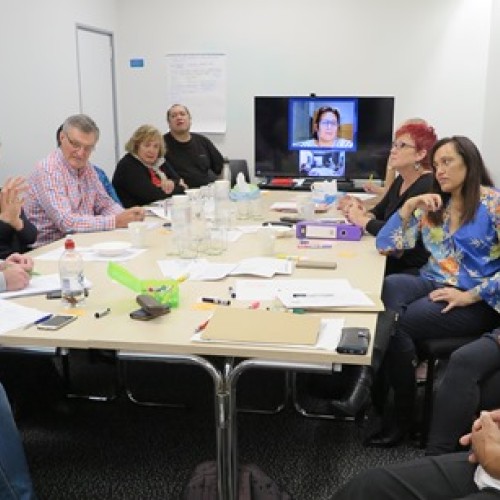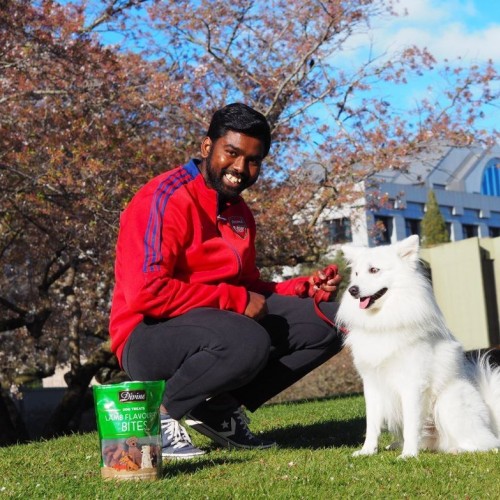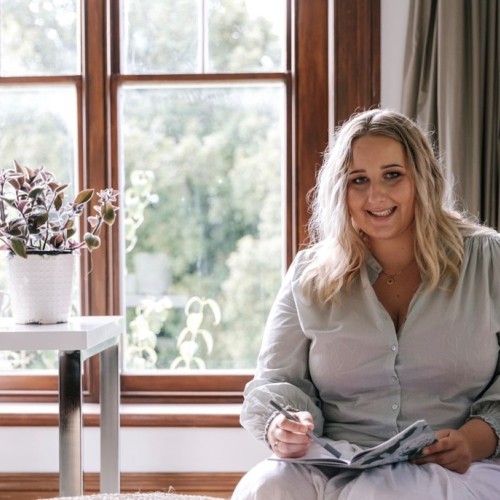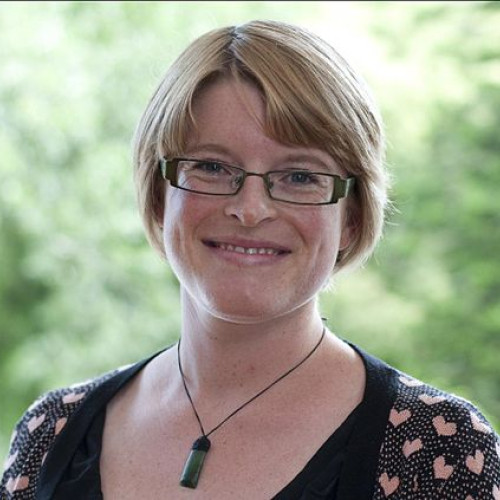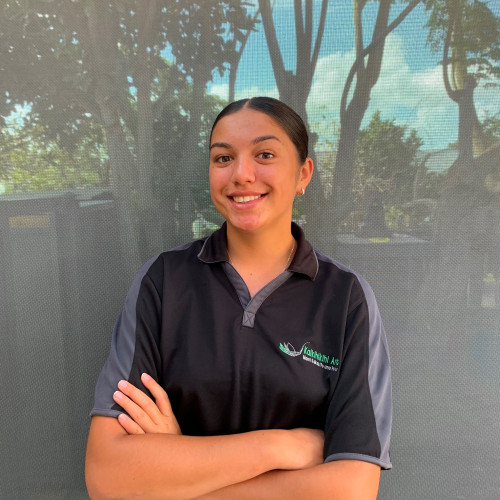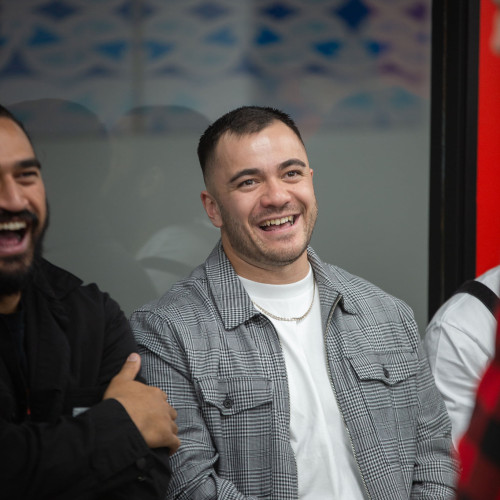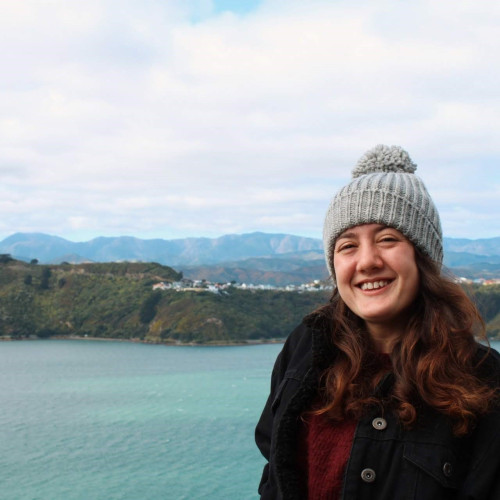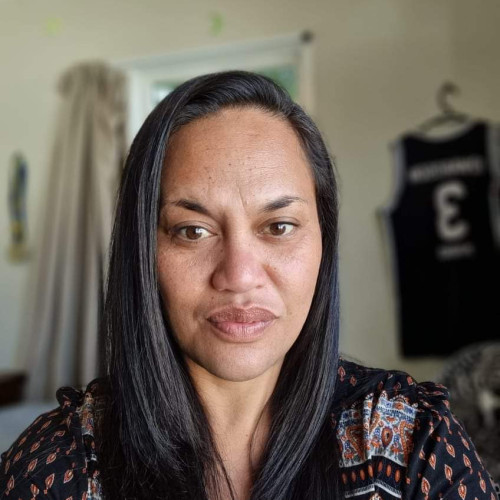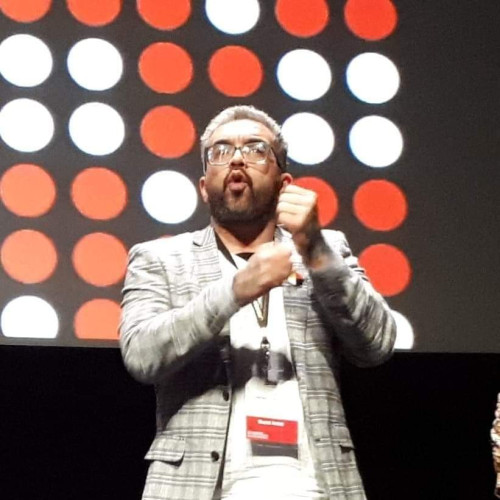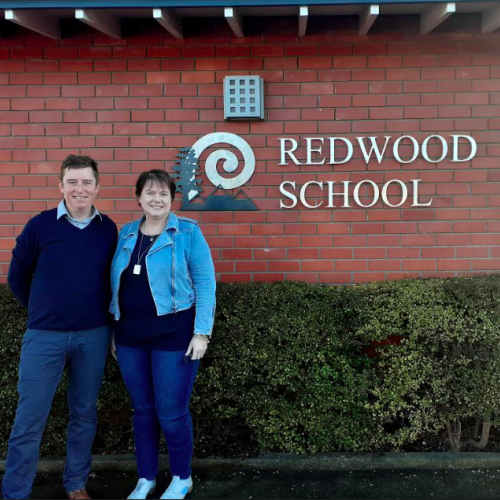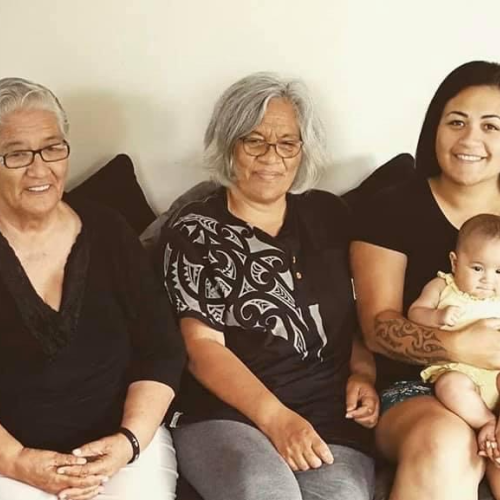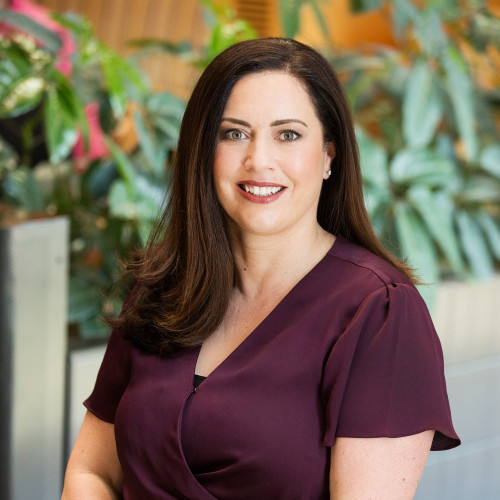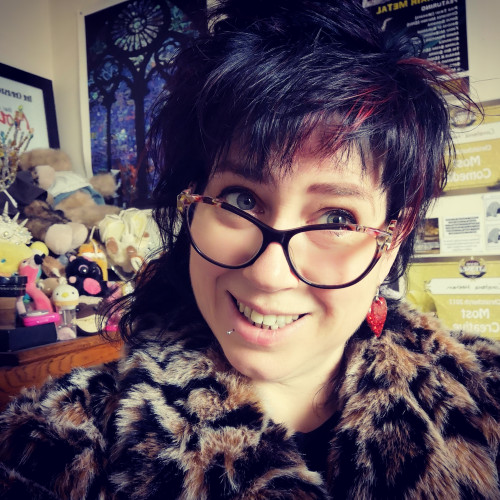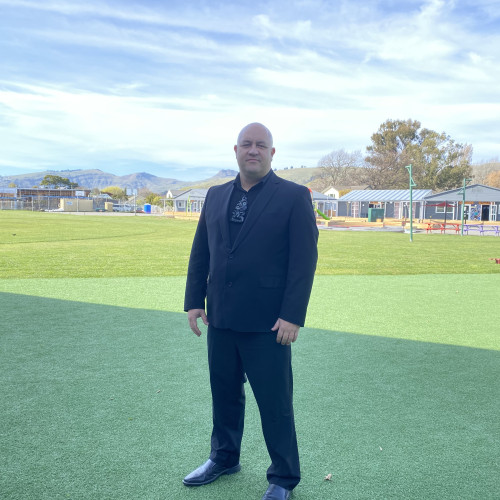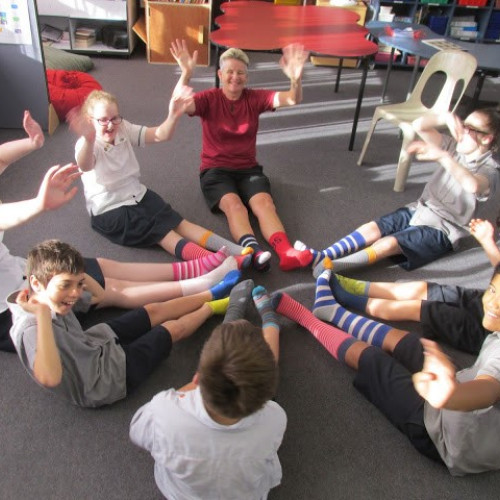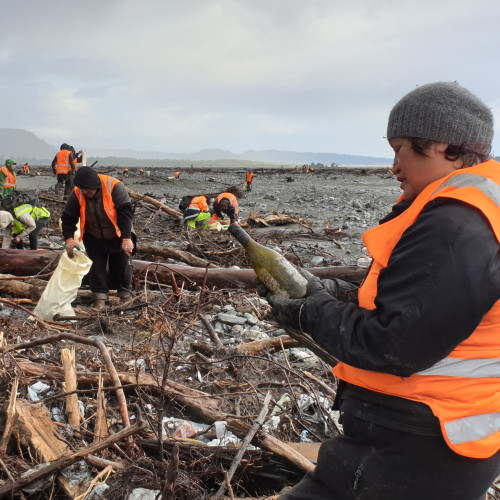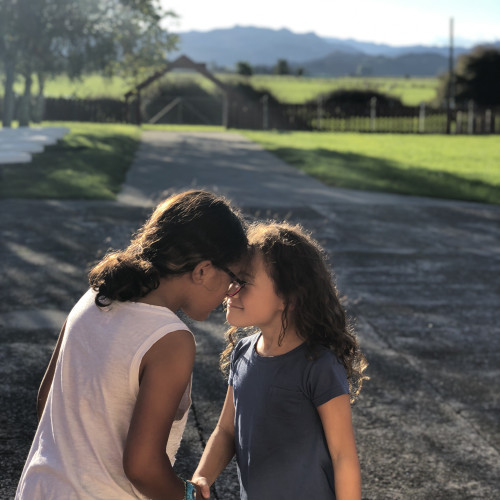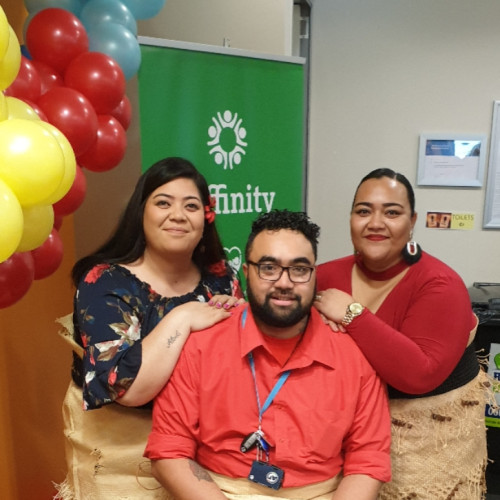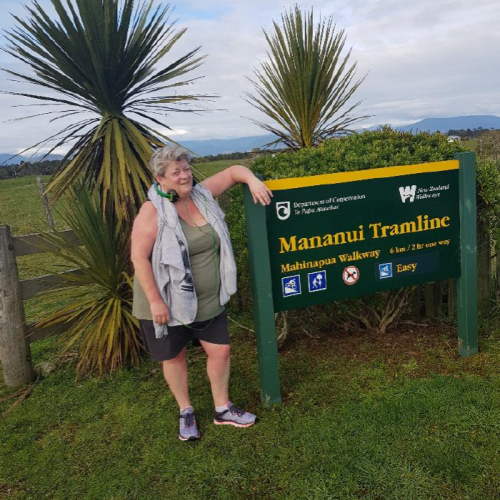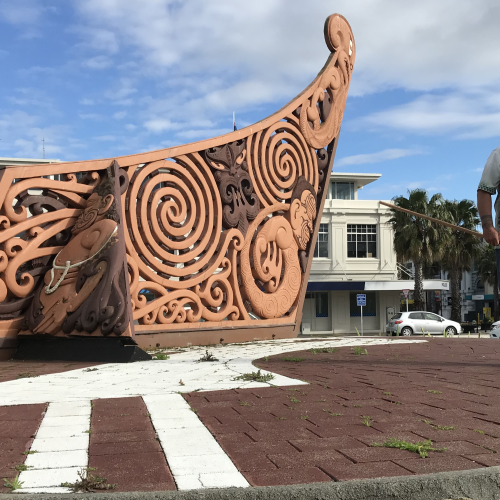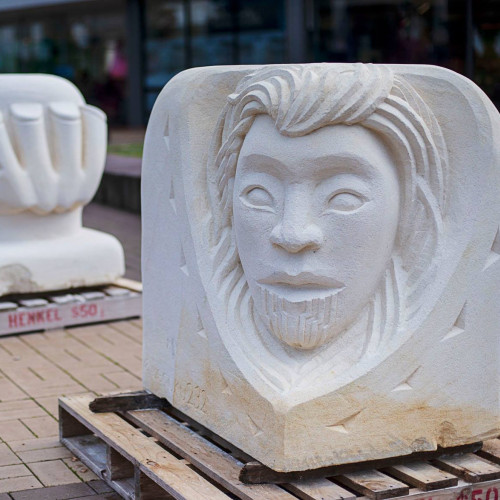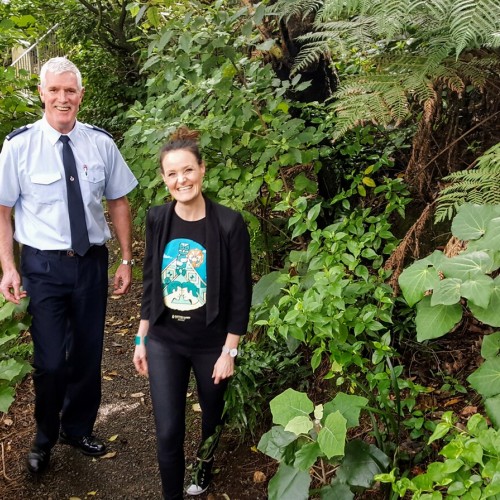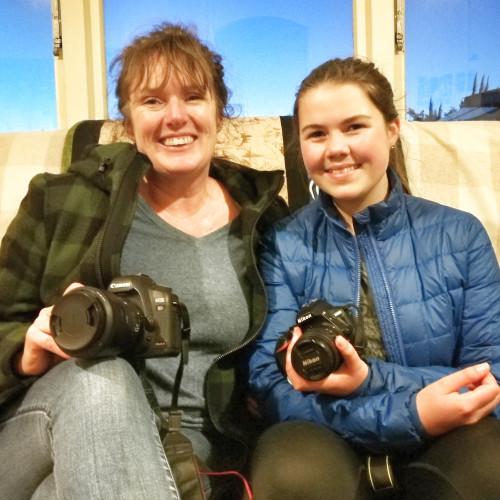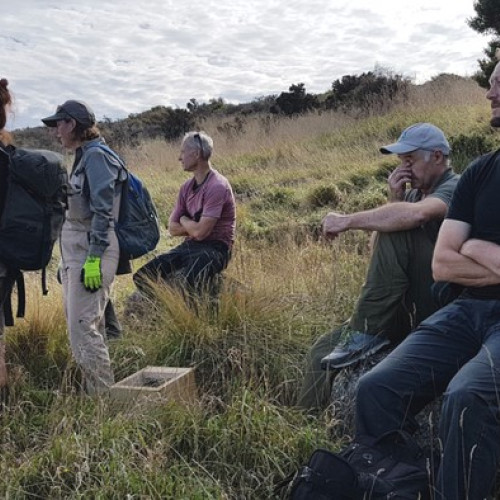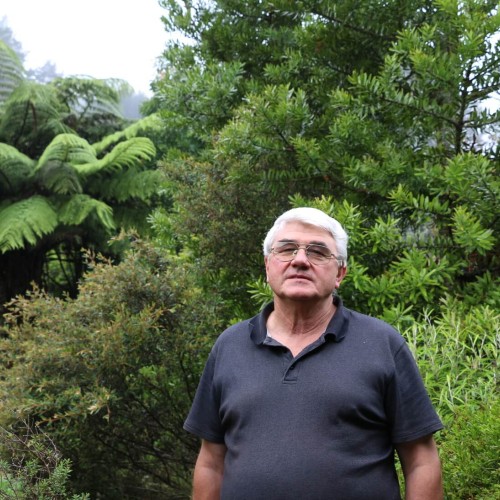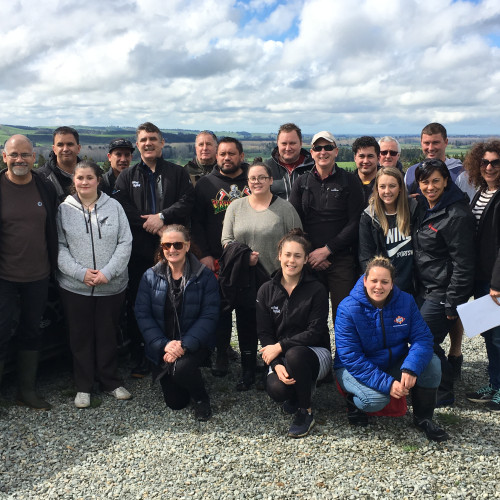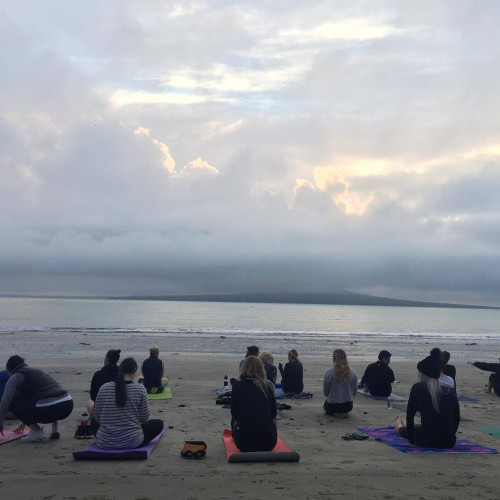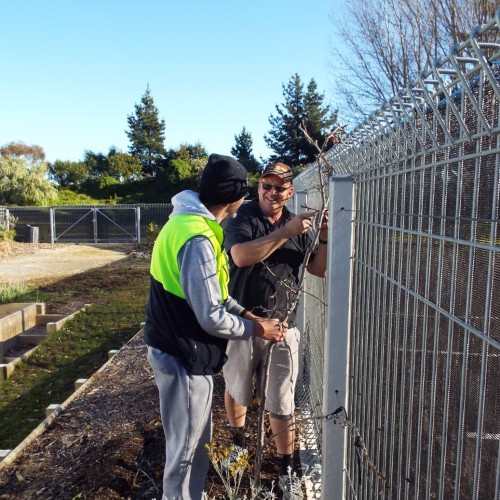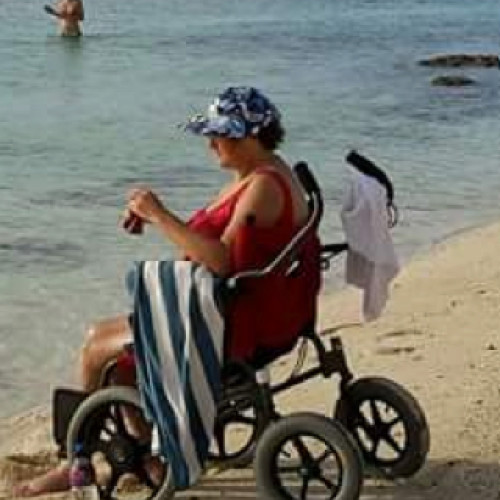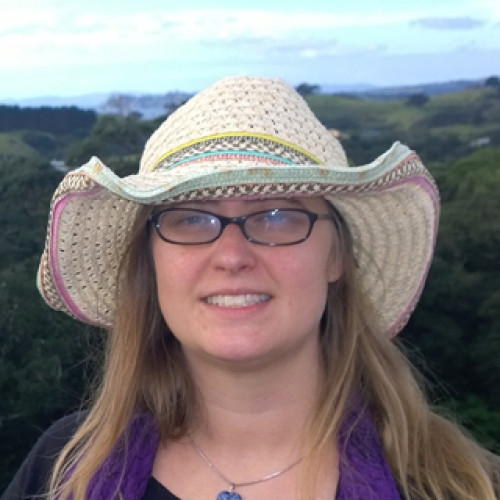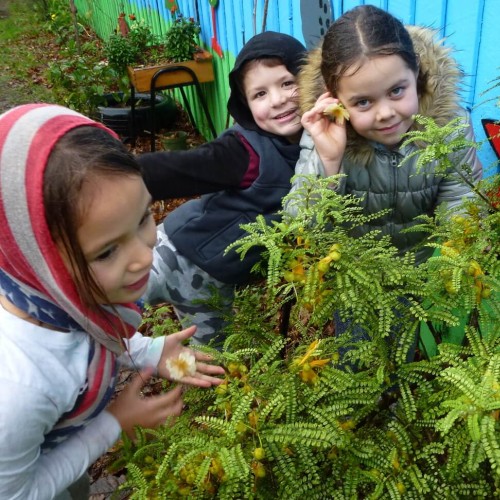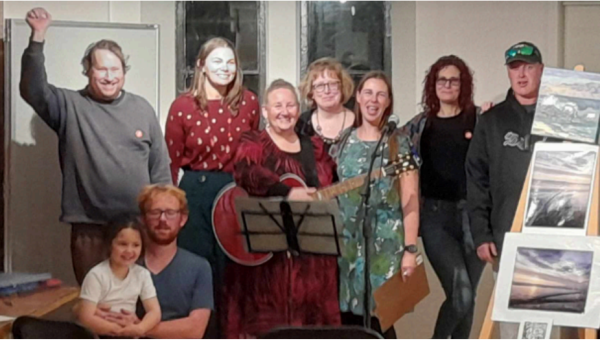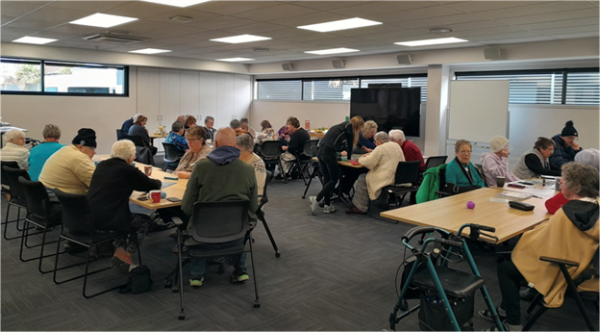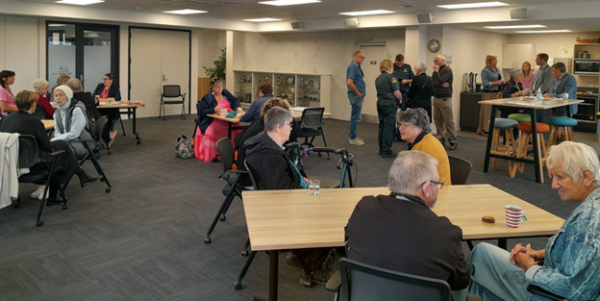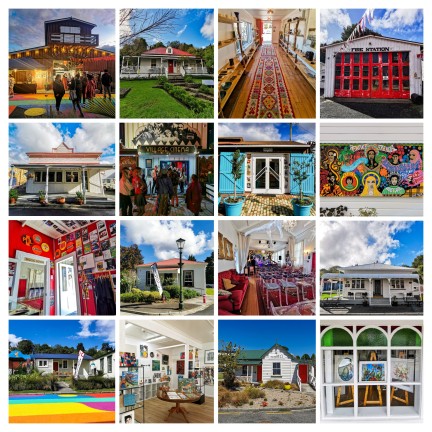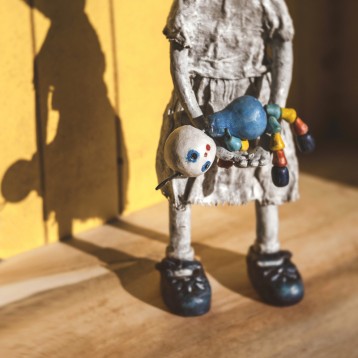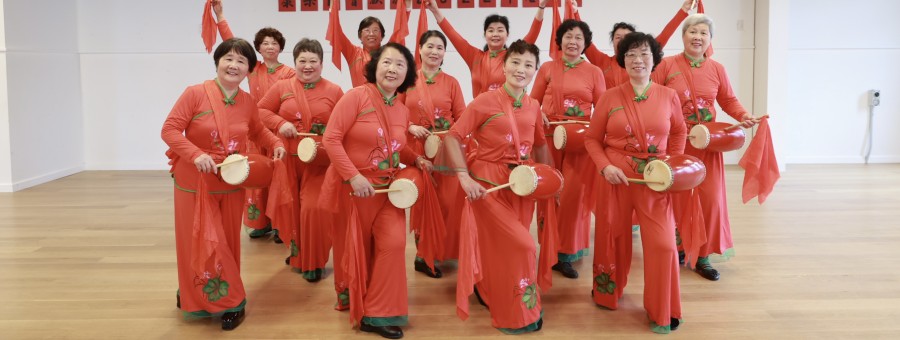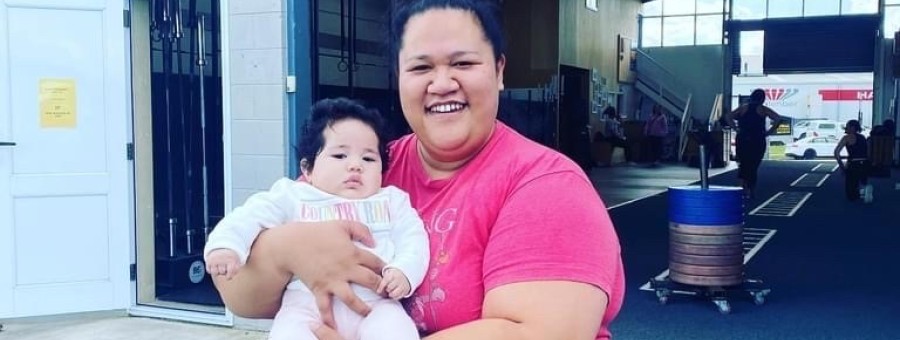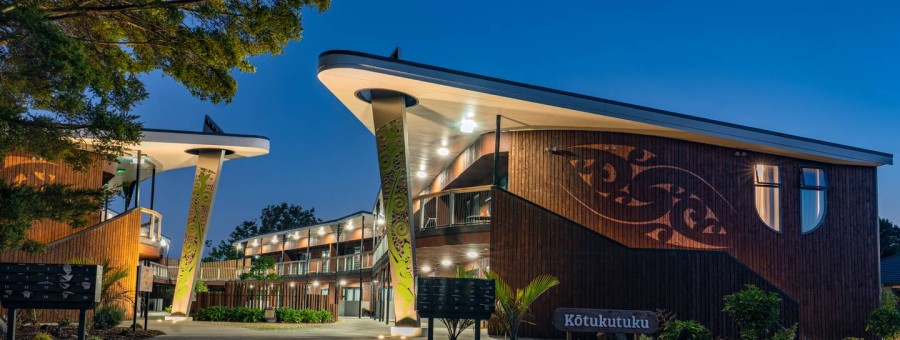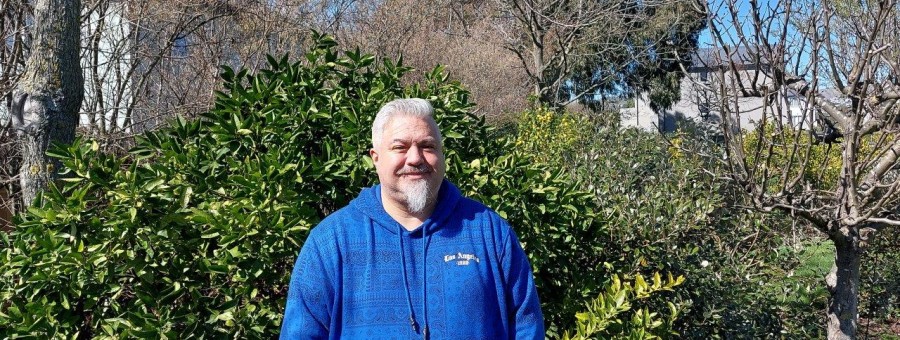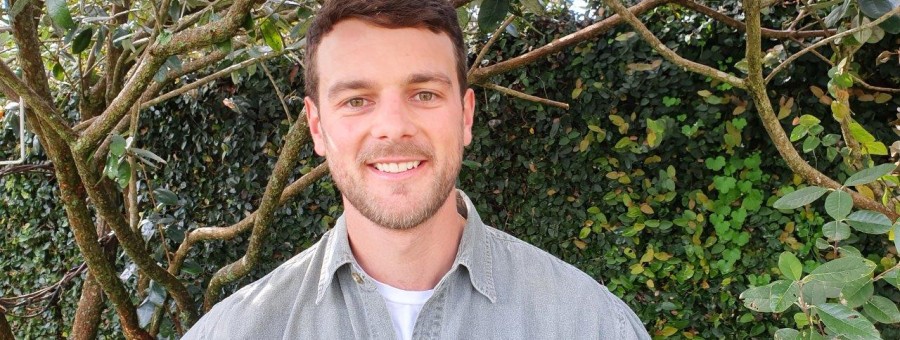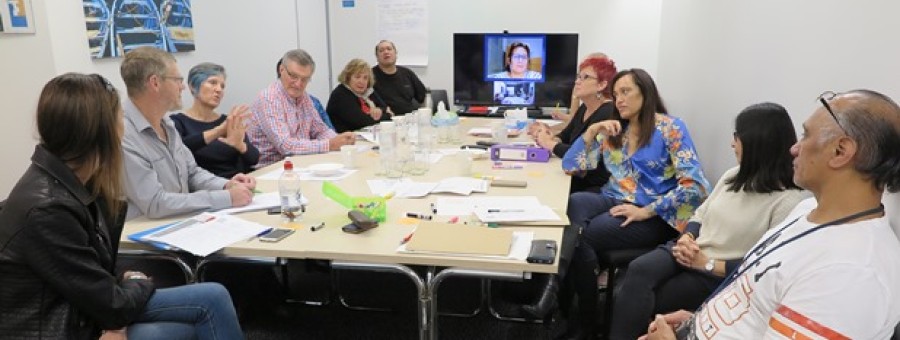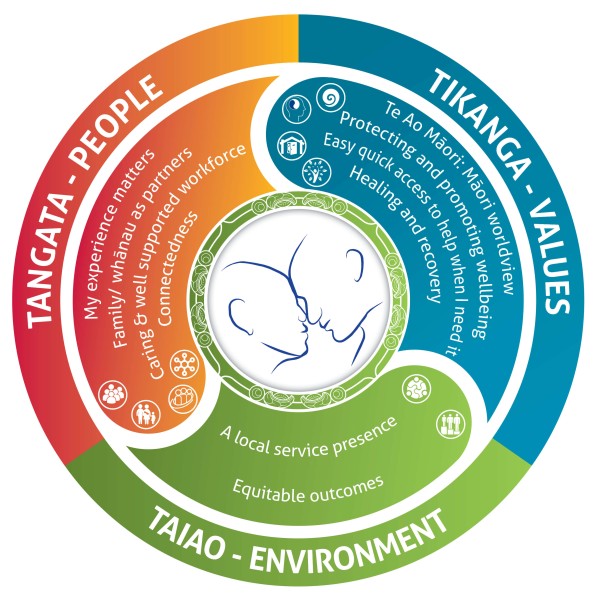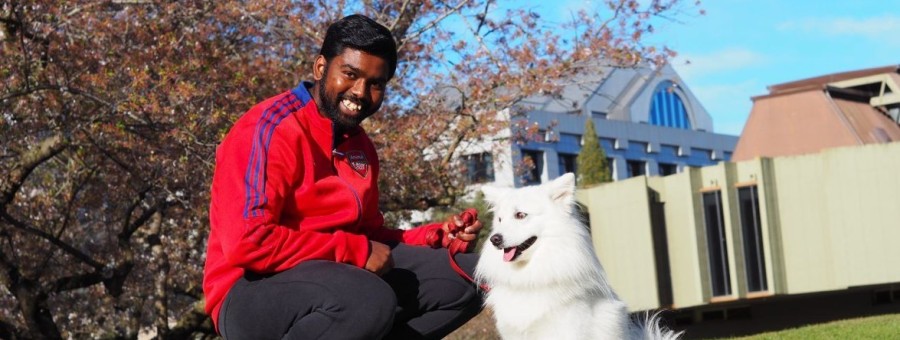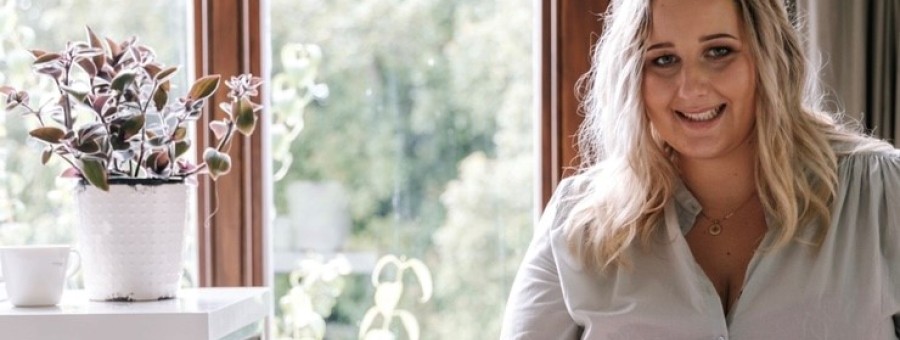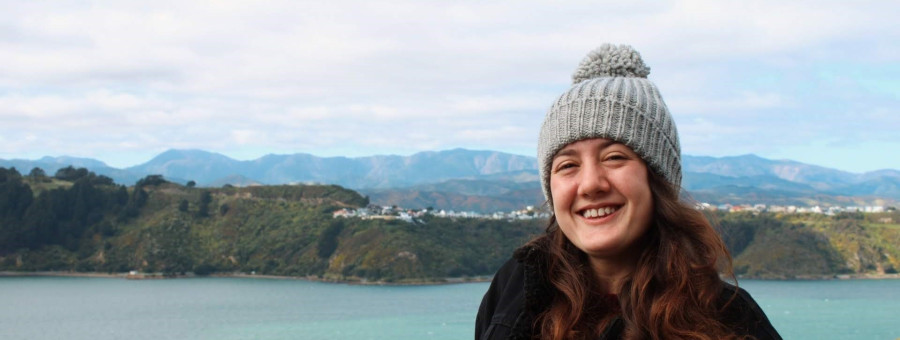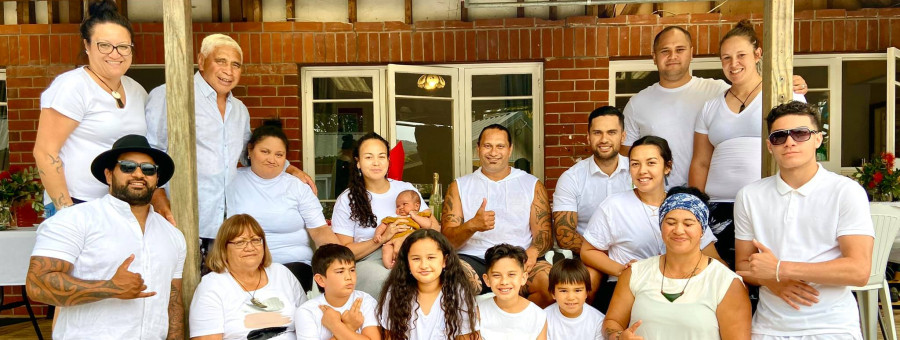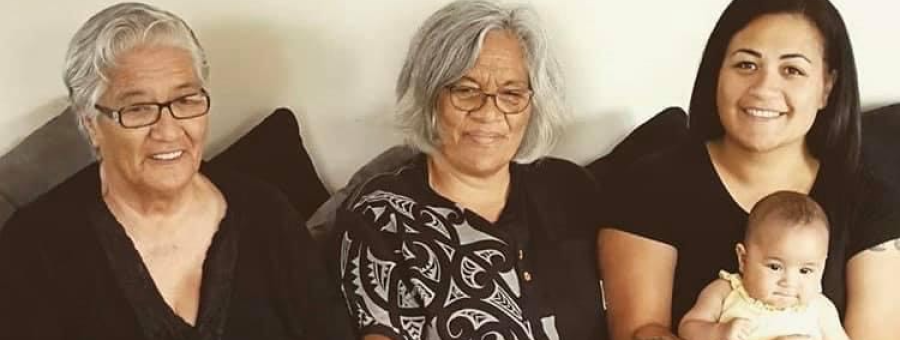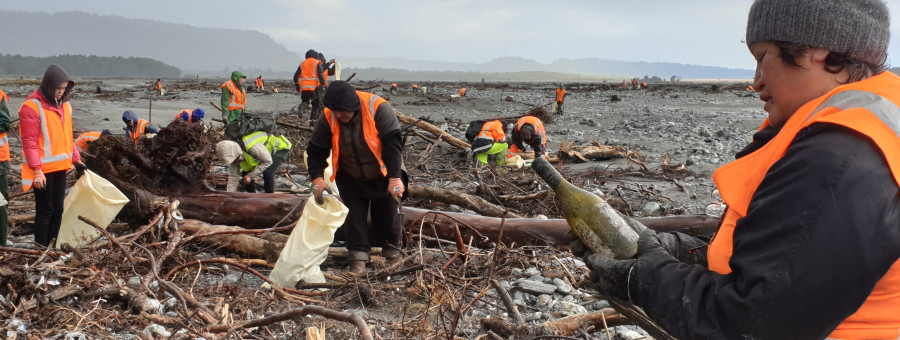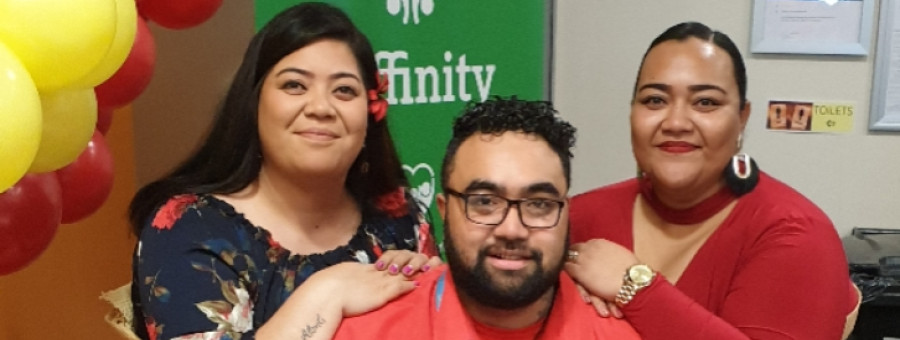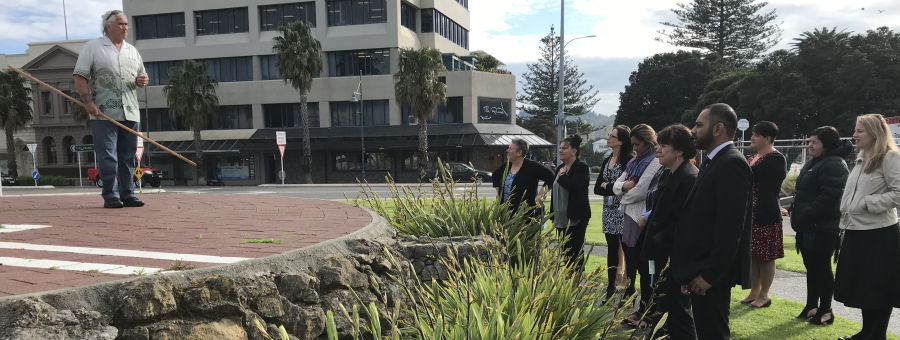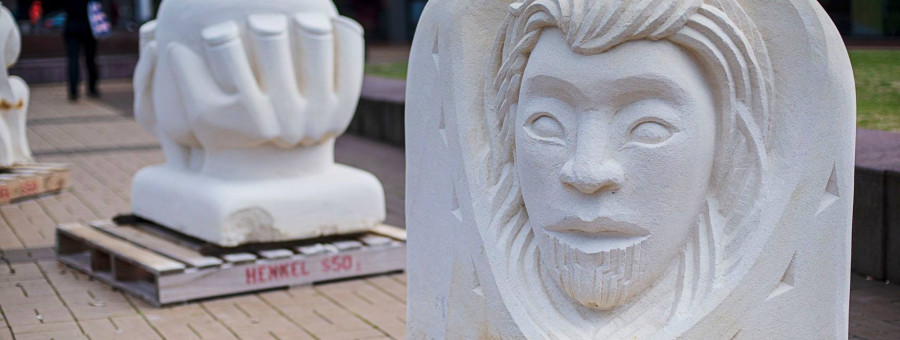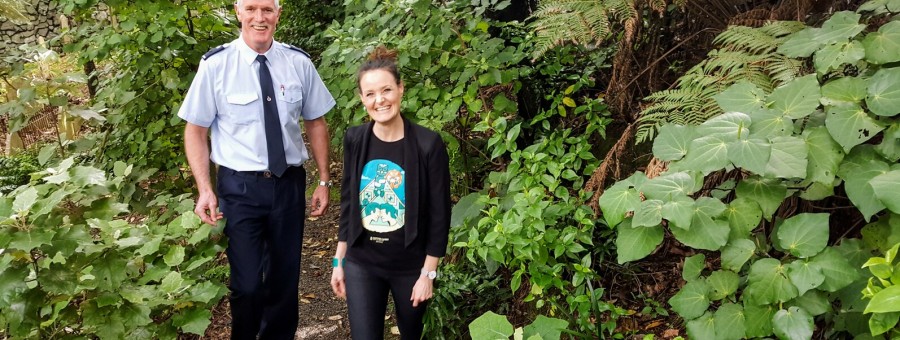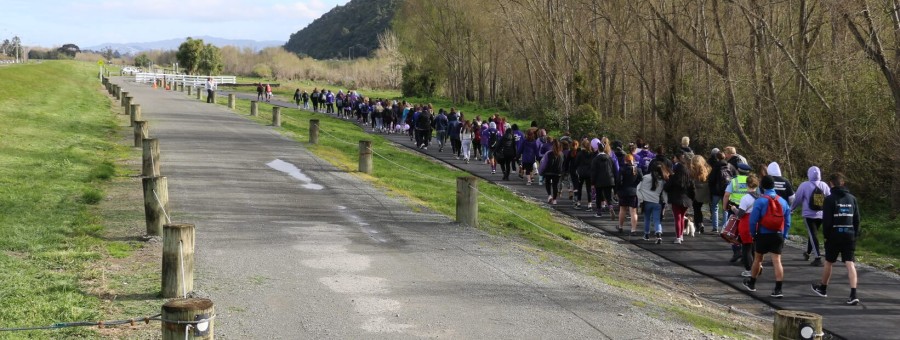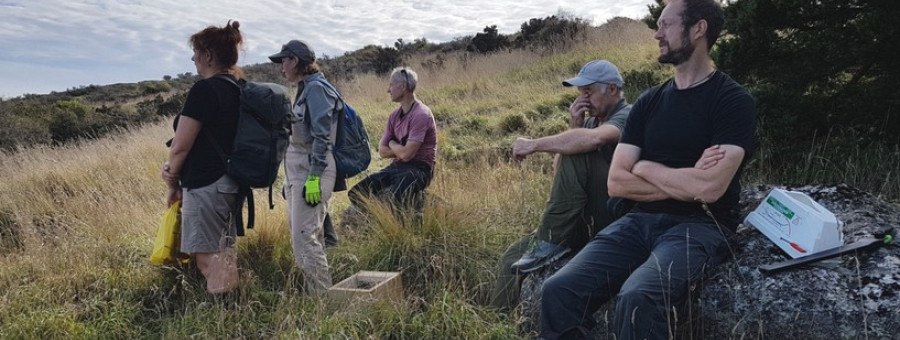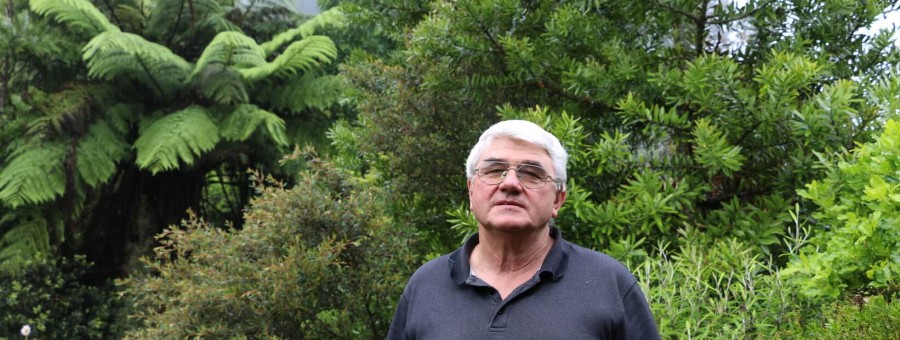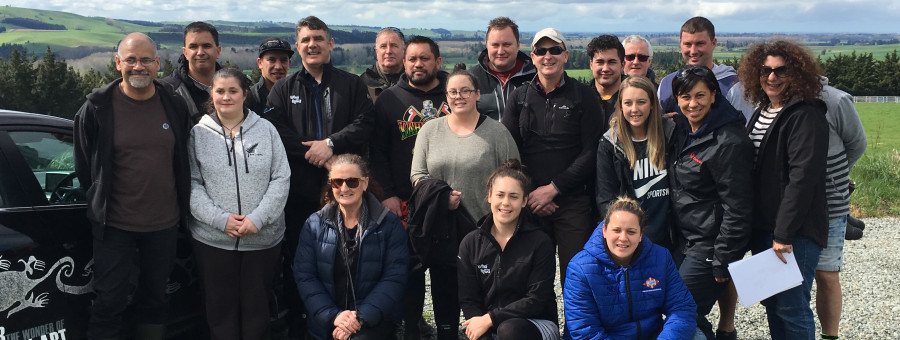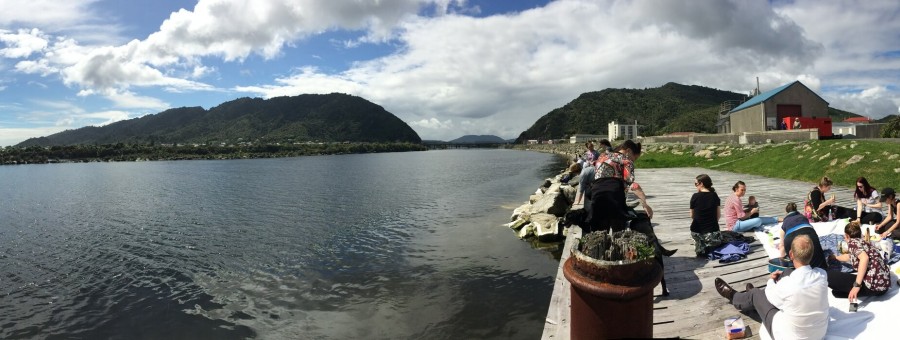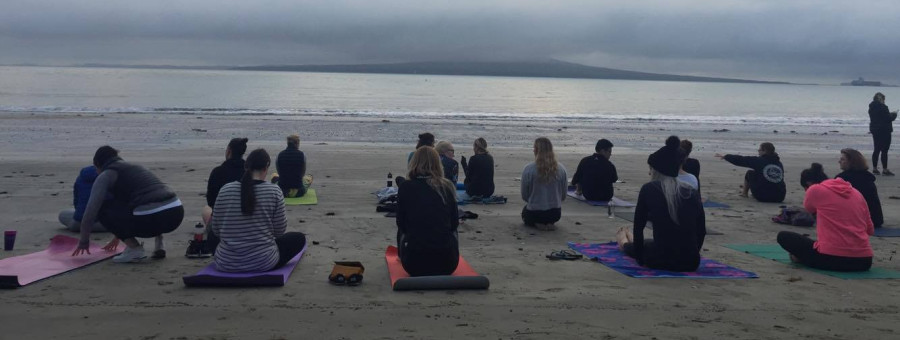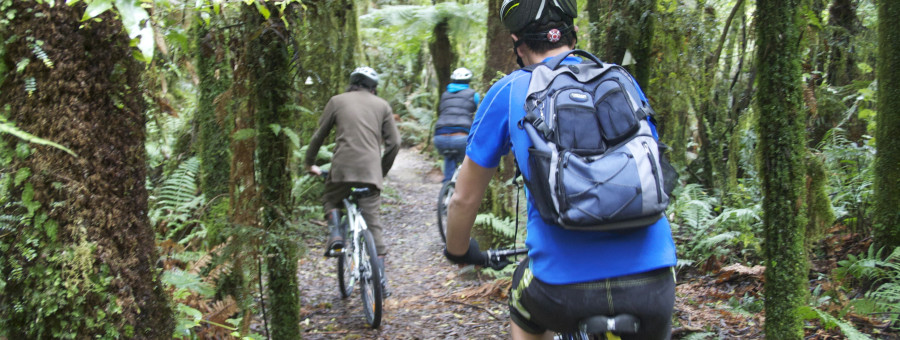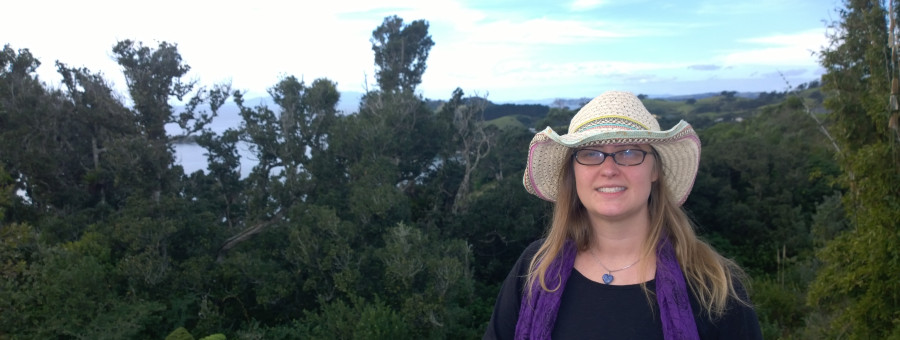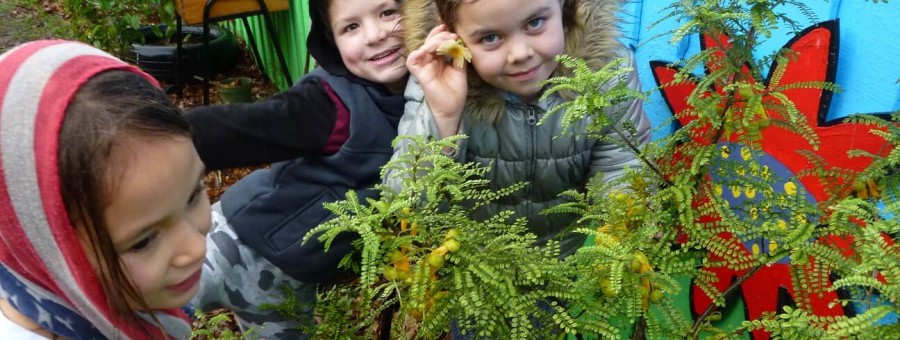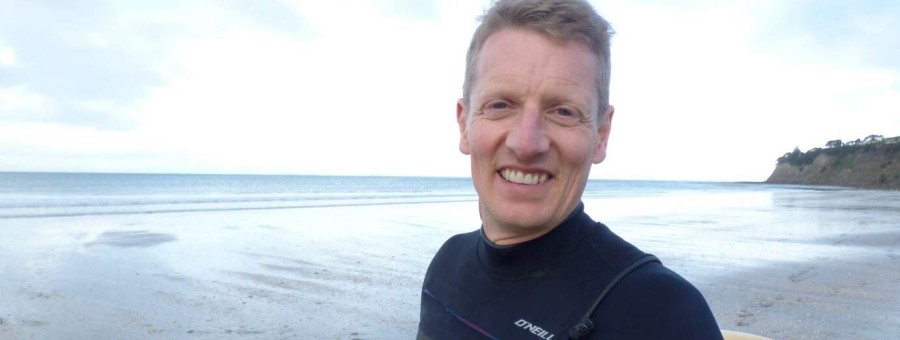If you’re lucky, you get a love story that lasts a lifetime. For the thousands of New Zealanders whose loved ones have dementia, that story takes on another kind of journey.
Donal and Trish Miller were married in the mid-1970s and just under 10 years ago; Trish was diagnosed with early on-set dementia. They both live in the Edmund Hillary Retirement Village in Auckland, where they started out in an independent apartment. Now Trish lives in the secure care unit (dementia) and Donal lives in their apartment by himself.
There are, of course, now added complications to this set-up, with Covid-19 restricting the movements of those over 70 – particularly in retirement villages. The sense of community in the village has been invaluable over the past few years, Donal says.
“To be honest, I don’t know if I would have got this far if it hadn’t been for being in this village,” he says. “There are so many people here who have been through what I’ve been through and you get a great amount of support.”
“There was one gentleman in the village who had lost his wife to dementia just before we moved in and he came and found me, saying ‘I want to see you, let’s have a coffee together.’ He went through his experiences, making sure I knew what help was available and what to do. You build up friends you see here on a daily basis. It’s not like having to leave the house and go and see someone. And so many people here are used to it – whereas out in the general world, it can be quite isolating.”
Donal also has a group of friends outside the retirement village he usually sees regularly, but during Covid-19’s assorted lockdowns, he’s not able to leave the village without losing access to the hospital section where Trish is, out of fear at how quickly the deadly disease could spread throughout the facility. But there are plenty of friends and activities to keep him connected in the meantime, he says.
The nature of the retirement village also meant that not only was Donal supported as a carer, but there were options and wraparound support for each ongoing stage of Trish’s dementia. While living unassisted, they had some in-home care help for a few hours a day. When Trish’s condition began to decline, she was transitioned into the dementia unit – but she was able to attend activities there beforehand, so it was easier for her to be comfortable and settle in to a familiar surroundings.
Nowadays, Donal spends mornings and afternoons with Trish – talking to her, taking her out in the sun on warm days, having morning and afternoon tea with her. It is an enduring marriage with professional back-up from carers who feel like special friends, he says. “It’s wonderful to see the bonds that can come up between the carers.”
It is not easy, Donal says frankly. It is a journey. “You know there’s no chance that she’s going to get better. And some people wouldn’t bother. They would just let the carers and the dementia unit environment just carry on but I like to make sure she’s happy and settled.”
Lisa Burns, from Dementia Auckland, says support from people who have also experienced being a carer of a loved one is invaluable. But she says reducing the fear of dementia is also key. Friends or loved ones can sometimes avoid the person, wanting to remember the person as they were, but this can leave the partner or caregiver of this person feeling very isolated from their friends as well. “If there’s one message we want to get out, it’s to see the person – not the dementia. That’s the thing with Donal – he still loves and cherishes Trish. He sees the person, not the disease.”
There are good days and bad days, Donal says, and when Trish is upset, it is very upsetting to him. But being able to see her every day and know that she’s safe and in good, caring hands is a big help, as is being surrounded by people who have been in his shoes. He’s now in a position where he can also reach out to new residents of the retirement home who are starting the same journey as he was with their loved ones.
“I wonder about people who are confined to their own home, trying to handle things by themselves. I wonder would I have got this far – and would Trish have got this far – without the community around us.

